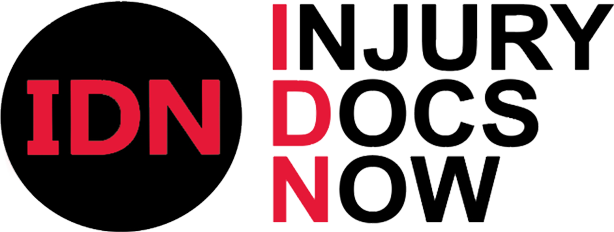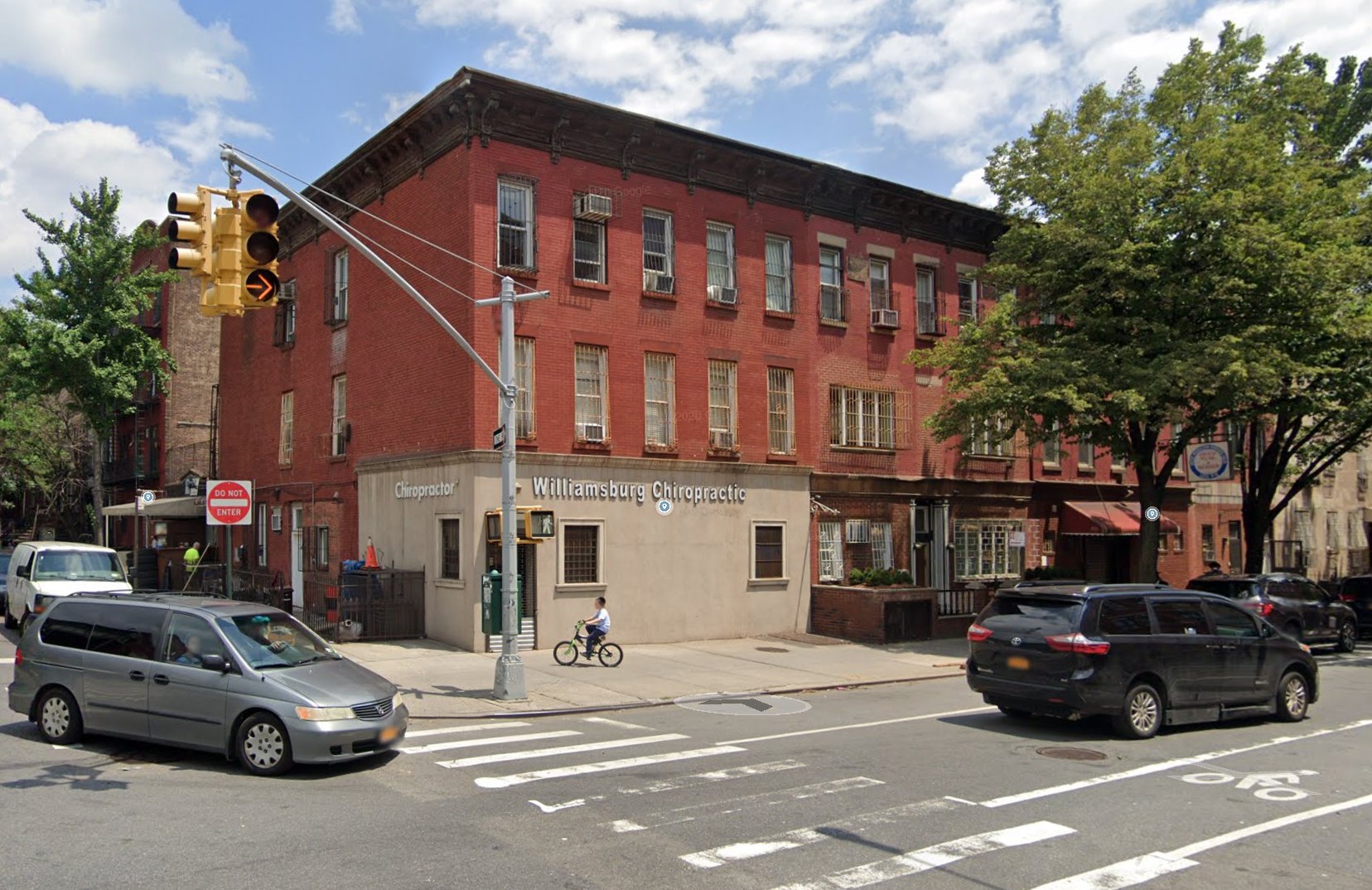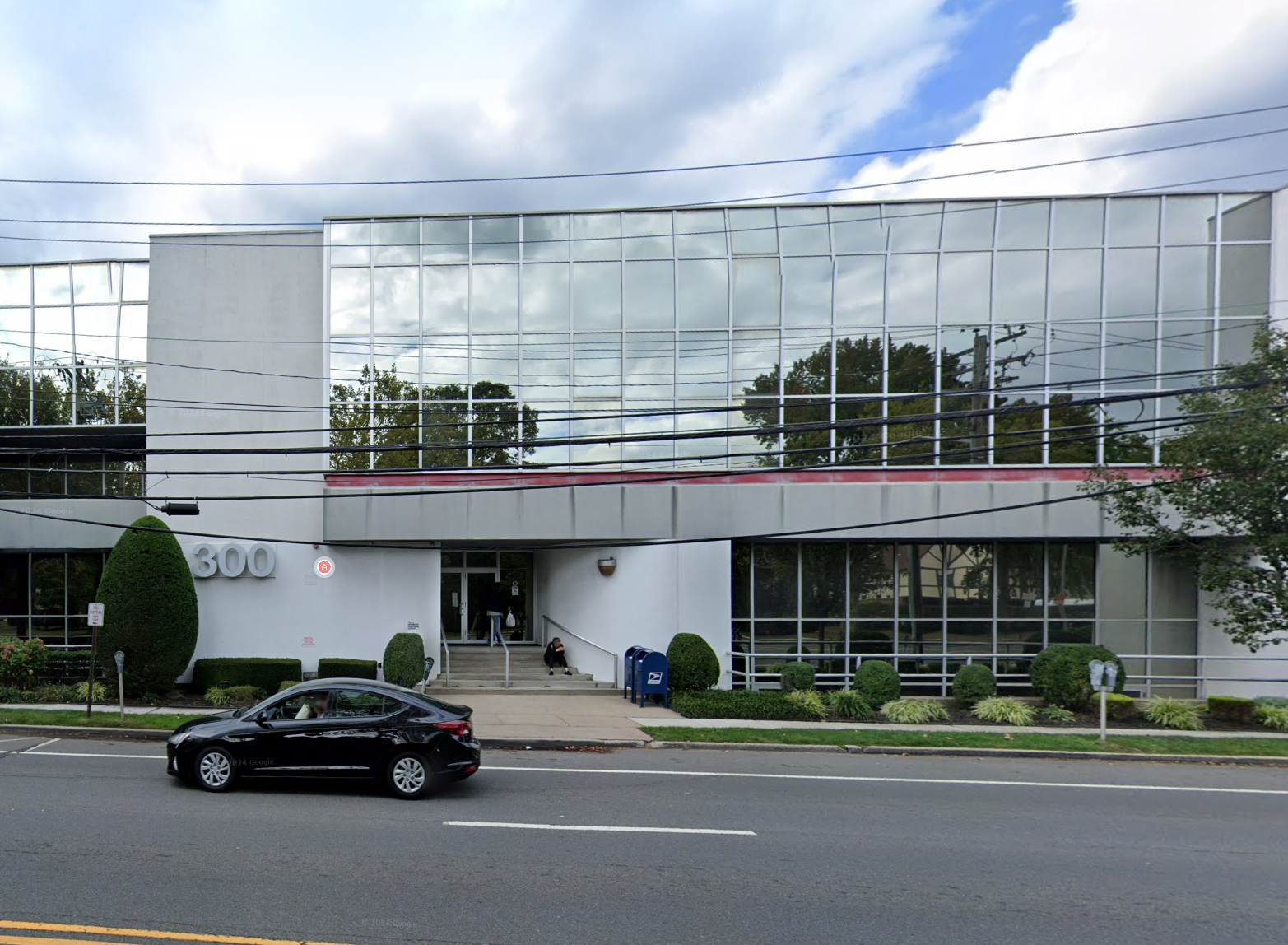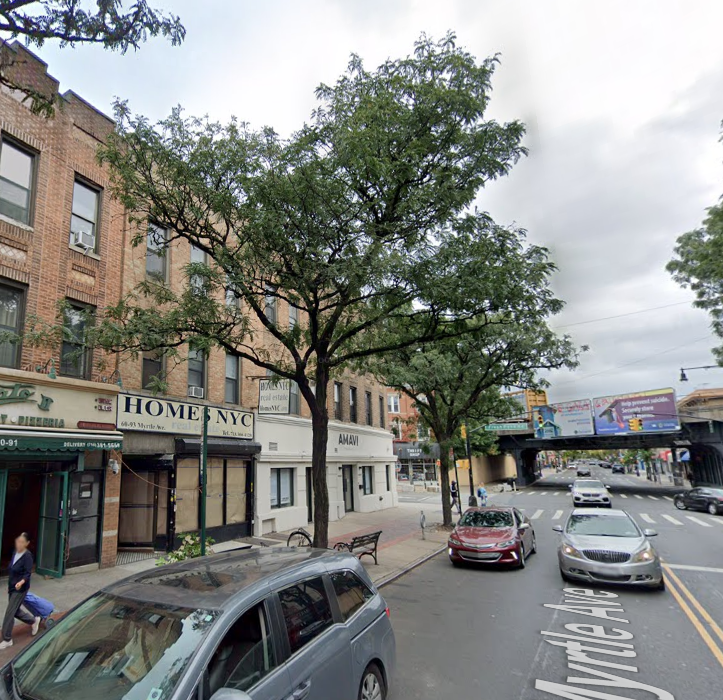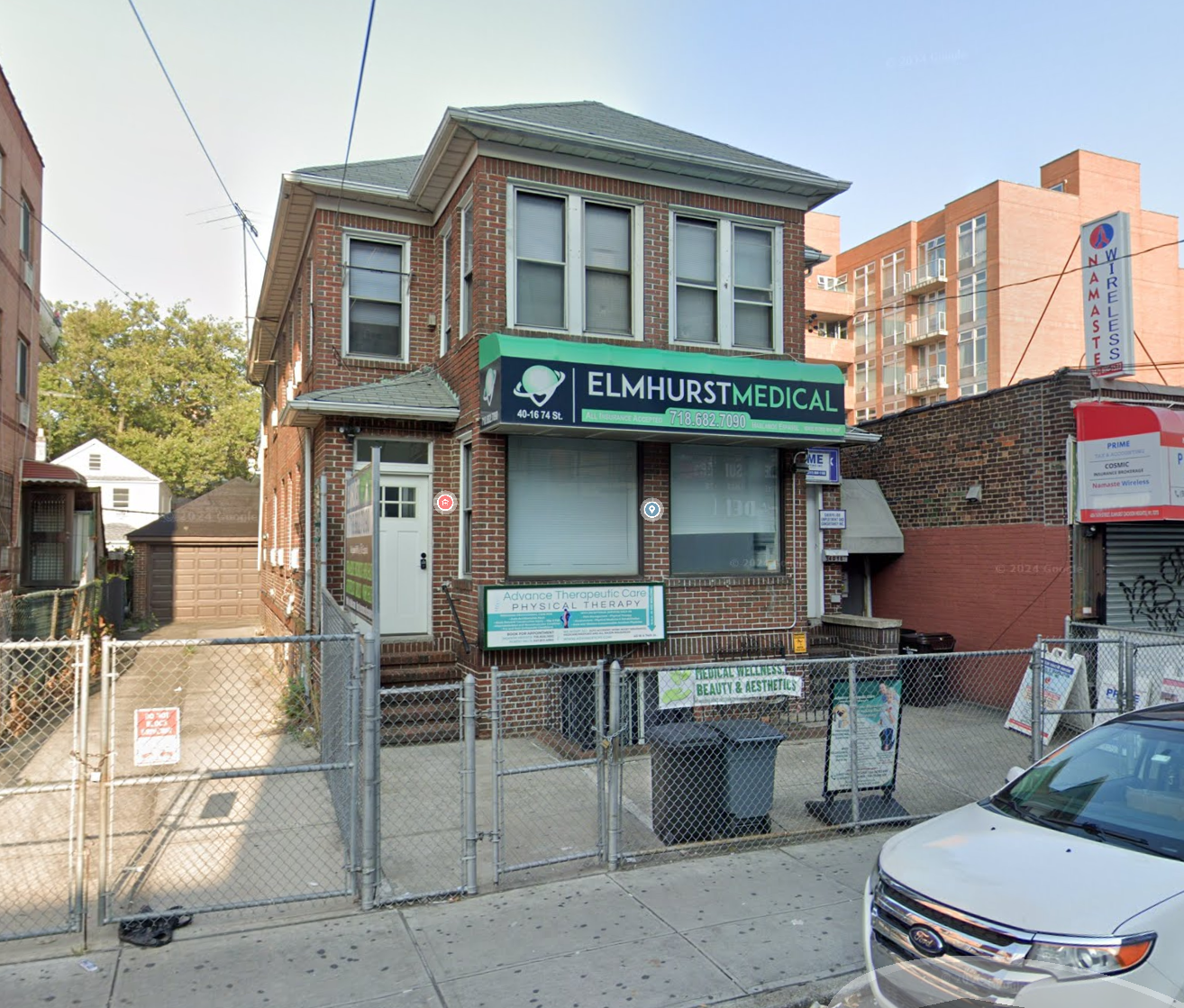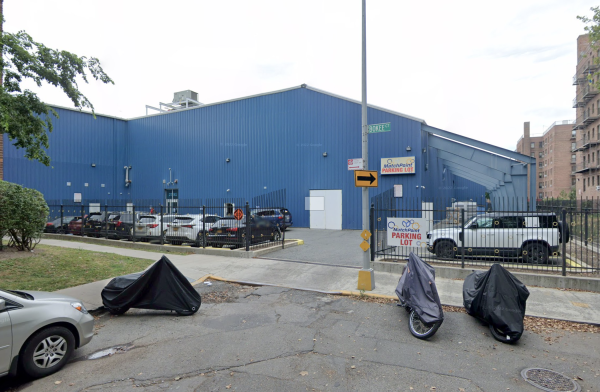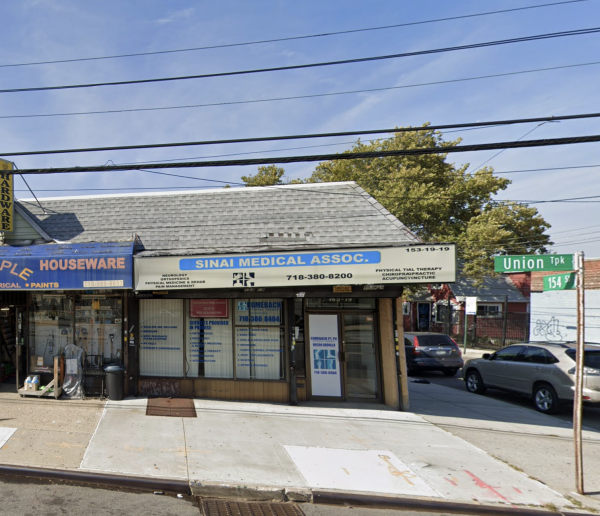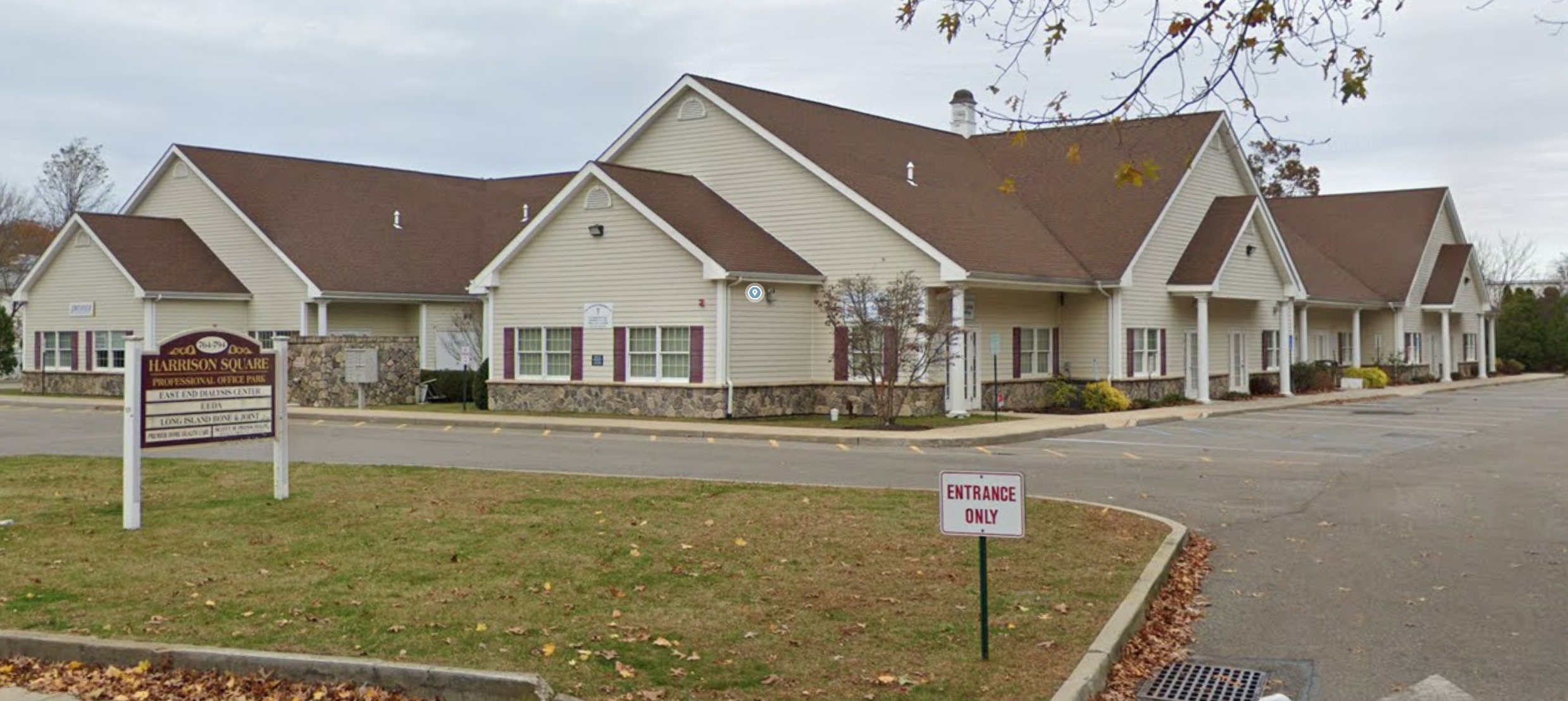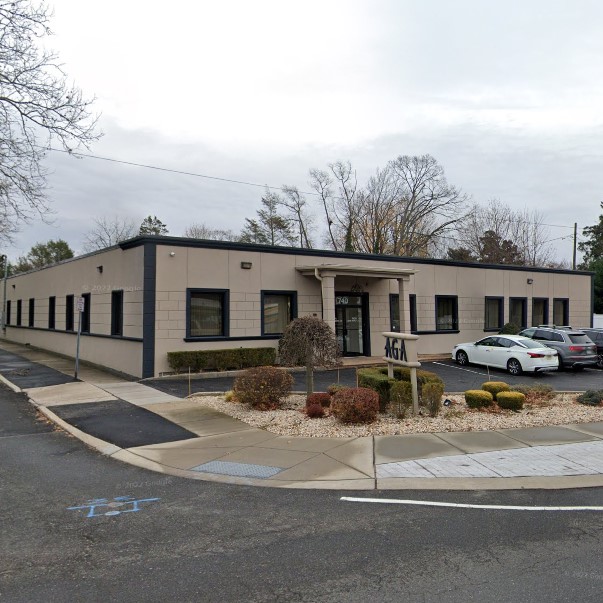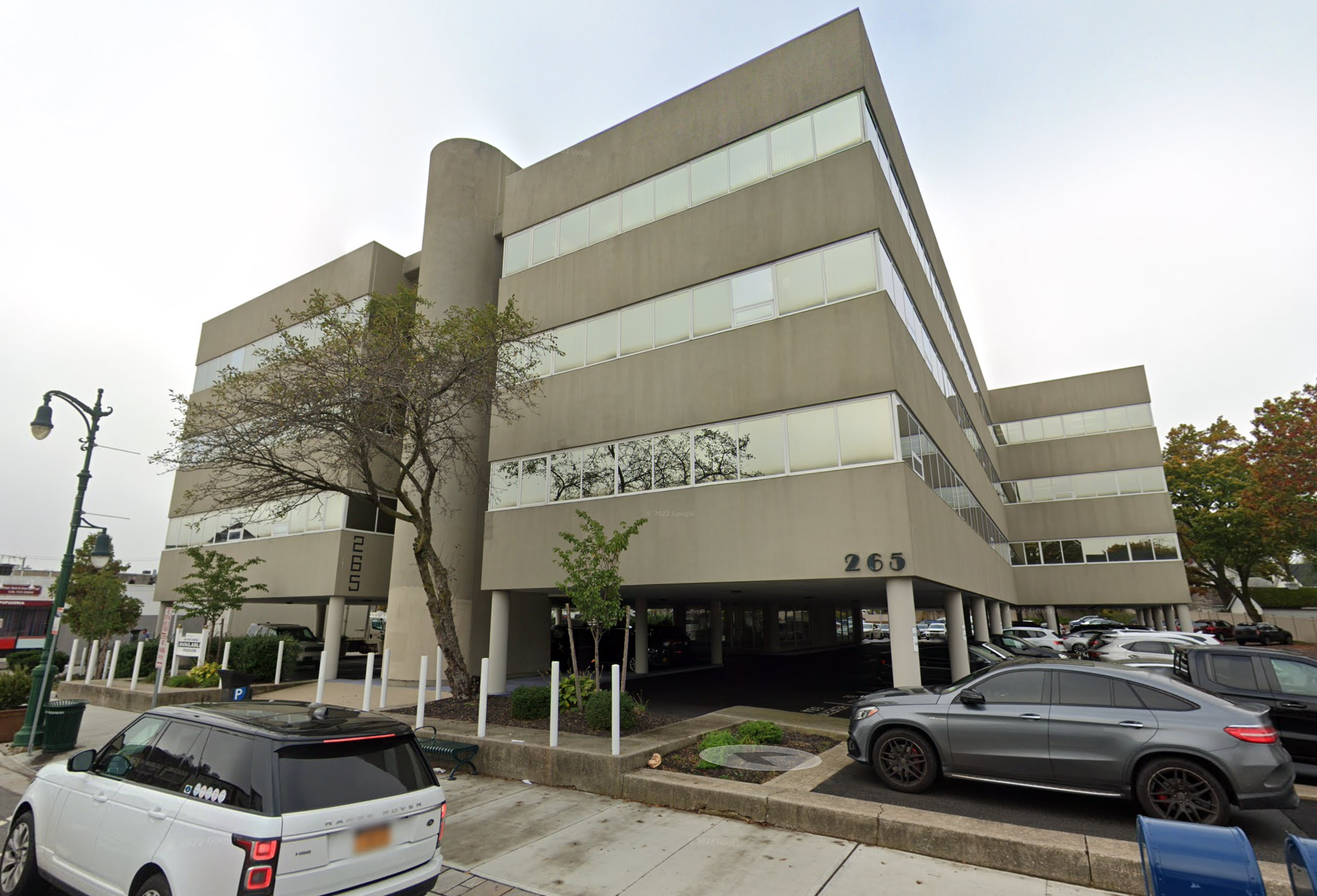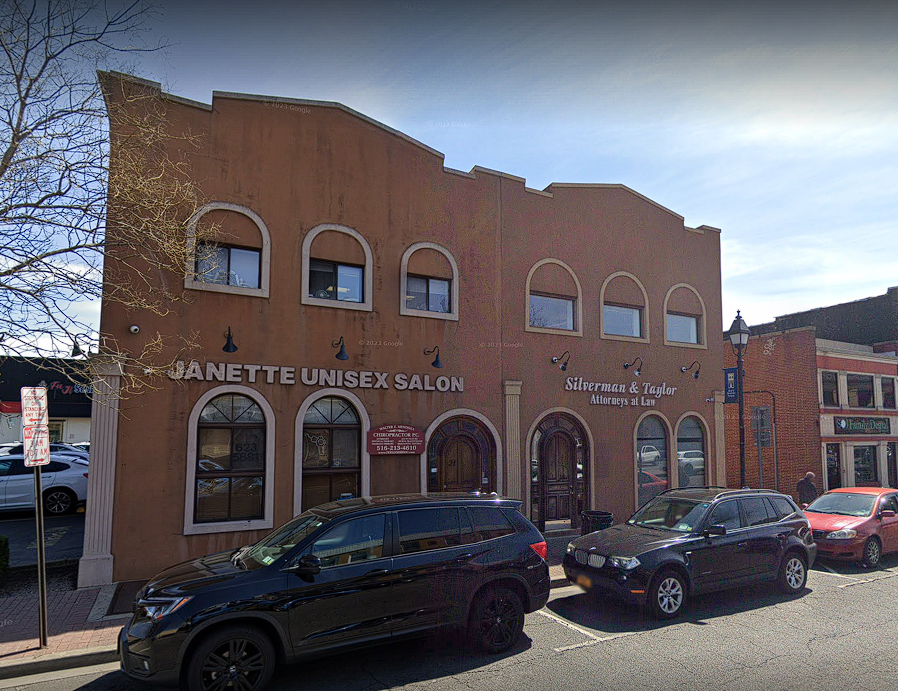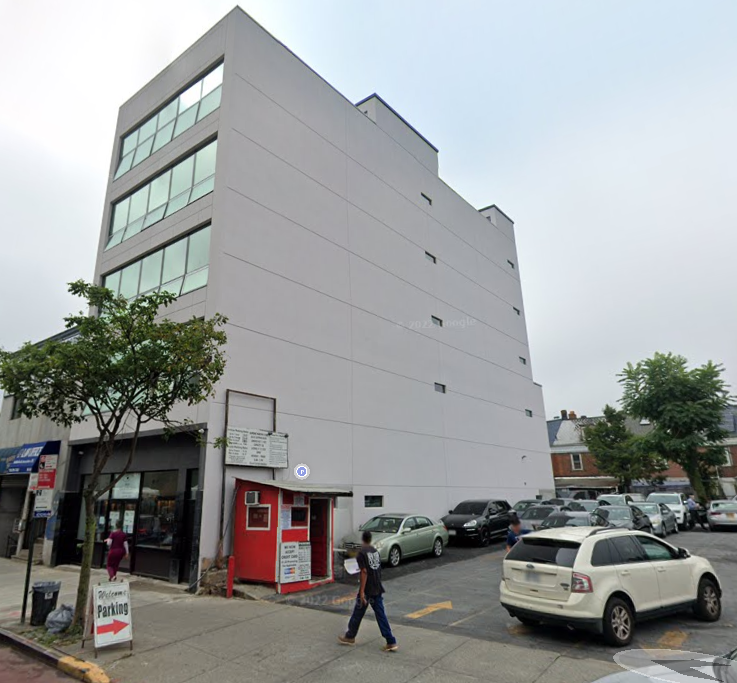
A car accident can change your life in an instant, leaving you not only with physical injuries but also enduring pain that may linger for months or even years. Chronic pain after a car accident is a common consequence that affects both the body and the mind, significantly impacting daily life and overall well-being. Understanding the different types of pain that can arise, along with effective management strategies, is crucial for recovery and improving quality of life.

Types of Pain After a Car Accident
Chronic pain can manifest in various forms following a car accident, depending on the nature of the collision, the extent of the injuries sustained, and individual health factors. Here are the common types of pain that individuals might experience:
Musculoskeletal Pain
This type of pain typically involves the muscles, bones, and joints. After a car accident, the sudden jolt and impact can cause strains, sprains, and muscle spasms, resulting in persistent musculoskeletal pain. Whiplash, a common injury from rear-end collisions, often leads to ongoing neck and back pain. Symptoms include stiffness, muscle tightness, and sharp or throbbing pain in affected areas.
Nerve Pain (Neuropathic Pain)
Nerve pain occurs when there is damage or pressure on the nerves following an accident. For example, a herniated disc may compress nerves in the spine, leading to neuropathic pain. This type of pain can present as burning, tingling, numbness, or shooting sensations that radiate down the arms or legs. Sciatica is a well-known form of neuropathic pain resulting from damage to the sciatic nerve.
Headaches and Migraines
Headaches are a common consequence of car accidents, often resulting from head injuries, whiplash, or stress. Some individuals develop chronic migraines, which can be debilitating. These headaches may be accompanied by sensitivity to light and sound, nausea, and dizziness.
Joint Pain
Joint pain frequently arises after a car accident, particularly in the knees, hips, and shoulders. The impact of the crash can cause joint misalignment, ligament tears, or even cartilage damage, resulting in persistent discomfort and limited range of motion.
Myofascial Pain
Myofascial pain is characterized by muscle pain that originates from trigger points or sensitive areas within the muscles. After an accident, the muscles may become tight, leading to ongoing discomfort and pain that can radiate to other parts of the body.
Emotional Pain
While not a physical pain, emotional distress is a significant part of chronic pain for many accident victims. The trauma of the accident, combined with ongoing physical pain, can lead to anxiety, depression, and other mental health challenges. Managing this emotional pain is equally important in the overall recovery process.
Why Does Chronic Pain Develop?
Chronic pain after a car accident develops for several reasons. The initial trauma can cause physical injuries, such as fractures, muscle tears, or nerve damage, which may lead to persistent discomfort. Additionally, the body’s natural response to injury, including inflammation and muscle guarding (when muscles contract to protect injured areas), can contribute to long-term pain.
In some cases, the pain persists because of improper or delayed treatment following the accident. Failure to address injuries promptly or adequately can result in lingering pain that becomes difficult to manage over time. Furthermore, the psychological impact of a traumatic event like a car accident can amplify the perception of pain, creating a cycle of physical and emotional distress.




Managing Chronic Pain After a Car Accident
Managing chronic pain after a car accident requires a multi-faceted approach tailored to the individual’s specific type of pain and overall health. Here are several strategies and treatment options for effective pain management:
Seek Immediate Medical Attention
After a car accident, it’s crucial to seek medical evaluation as soon as possible, even if you do not feel immediate pain. Some injuries, such as whiplash or internal damage, may not manifest symptoms right away. A thorough examination can help identify injuries early and prevent the development of chronic pain.
Chiropractic Care
Chiropractic care is a widely used treatment option for managing musculoskeletal pain, particularly neck and back pain. Chiropractors use spinal adjustments and other manual techniques to correct misalignments, reduce inflammation, and improve mobility. Chiropractic care can be especially beneficial for those suffering from whiplash, joint pain, or nerve compression.
Physical Therapy
Physical therapy is a cornerstone in the recovery process for many car accident victims. Physical therapists design individualized exercise programs to strengthen muscles, improve flexibility, and restore range of motion. Through targeted exercises, patients can alleviate tension, promote healing, and reduce the risk of future injuries.
Medication and Injections
Medications such as nonsteroidal anti-inflammatory drugs (NSAIDs), muscle relaxants, or pain relievers can provide temporary relief from chronic pain. In some cases, doctors may recommend injections, such as corticosteroids or nerve blocks, to reduce inflammation and numb the affected nerves.
Massage Therapy
Massage therapy is an effective method for managing myofascial pain and promoting relaxation. By targeting trigger points in the muscles, massage therapists can help release tension, improve blood circulation, and reduce pain. Regular massage sessions can support the body’s natural healing process and alleviate muscle stiffness.
Acupuncture
Acupuncture, a traditional Chinese medicine practice, involves inserting thin needles into specific points on the body to stimulate healing and relieve pain. This technique is particularly helpful for managing neuropathic pain and can serve as a complementary therapy alongside other treatments.
Psychological Counseling and Stress Management
Chronic pain often has a significant psychological component, making stress management and counseling an essential part of treatment. Cognitive-behavioral therapy (CBT) and other forms of counseling can help patients cope with the emotional toll of chronic pain, reduce anxiety and depression, and improve their overall quality of life.
Lifestyle Adjustments
Making lifestyle adjustments is vital for long-term pain management. Maintaining a healthy diet, engaging in regular physical activity, and getting adequate sleep all contribute to a stronger, more resilient body that can better cope with chronic pain. Additionally, practices such as yoga and meditation can aid in relaxation and reduce stress, further mitigating the sensation of pain.

Tips for Living with Chronic Pain
Pace Yourself
Avoid pushing through the pain or overexerting yourself. Learning to pace activities and listen to your body’s signals can prevent pain from worsening.
Stay Active
While it’s important not to overdo it, gentle exercises and movement can help maintain flexibility and strength, reducing the severity of chronic pain.
Communicate with Healthcare Providers
Regular communication with your healthcare team ensures that your treatment plan is tailored to your needs and adjusted as necessary.
Use Heat and Cold Therapy
Applying heat or cold packs to the affected areas can provide temporary relief by reducing inflammation and soothing muscle tension.
When to Seek Professional Help
If you’re experiencing persistent pain after a car accident, it’s essential to consult a healthcare professional. Chronic pain, regardless of the type of pain, can have a substantial impact on your daily life and mental health. A professional evaluation can help determine the underlying cause of the pain and guide you toward the most effective treatment options.
Taking Control: Navigating the Path to Recovery from Chronic Pain
Chronic pain after a car accident can be debilitating, affecting every aspect of a person’s life. However, understanding the different types of pain and exploring a range of management strategies can make a significant difference in the recovery journey. From chiropractic care and physical therapy to psychological support, a multi-disciplinary approach is key to managing chronic pain effectively and improving overall quality of life. If you or someone you know is struggling with chronic pain following a car accident, seeking professional help and building a comprehensive treatment plan is the first step toward reclaiming comfort and mobility.
Find a Doctor Near You on Injury Docs Now
Chronic pain after a car accident can be overwhelming, impacting your physical, emotional, and mental well-being. Managing this type of pain requires specialized care and a comprehensive treatment plan to address both the immediate discomfort and the long-term effects. From chiropractic care and physical therapy to acupuncture and counseling, finding the right healthcare provider is essential for your recovery.
If you or a loved one are dealing with persistent pain following a car accident, use Injury Docs Now (IDN) to find a no-fault and workers’ compensation doctor near you. Injury Docs Now connects you with experienced doctors who specialize in treating accident-related injuries and can create a personalized plan to help you get back on track.
